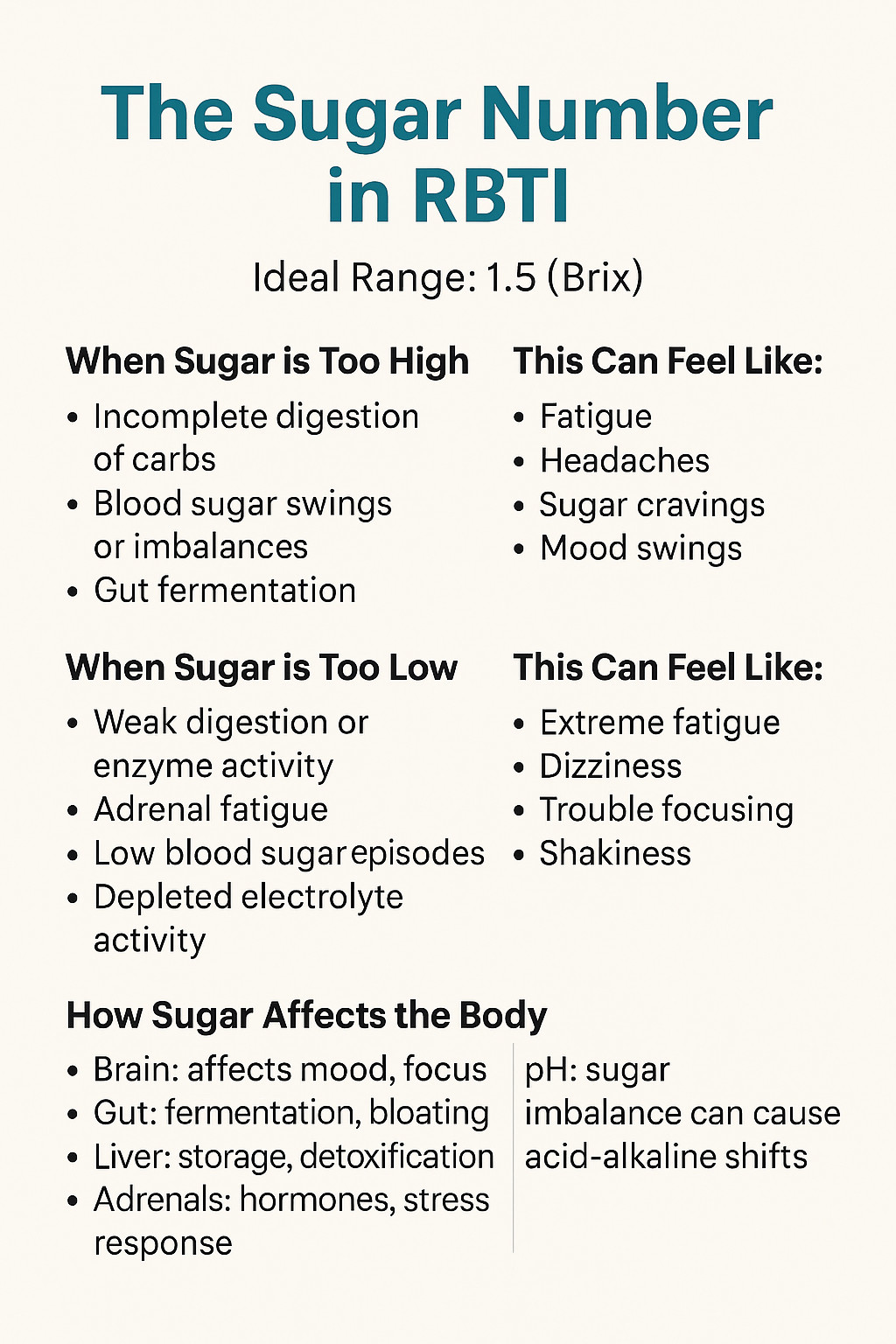
What Your Sugar Number Is Telling You (And Why It Matters)
We have been talking about RBTI and what we are looking at when we do a testing session, but how does each test within the RBTI testing sequence go hand in hand and how does it look different from what your doctor is looking at with the typical blood test? First thing we will look at - SUGAR!
When we run an RBTI testing session, one of the first numbers we look at is your urine sugar level — but not for the reasons most people expect. When people think about sugar, they usually think of desserts, blood sugar spikes, or carb-heavy meals.
Most of us are familiar with blood sugar tests from the doctor. Those tests measure how much glucose is circulating in your blood at that moment — typically to screen for diabetes or insulin resistance. While that’s helpful, it only gives us a snapshot in time.
But in RBTI testing, your sugar number reveals something much deeper:
👉 How your body is processing energy — and whether your cells are getting the fuel they need to function well.
SIDE NOTE: When we talk about energy, we’re not just talking about how tired or awake you feel — we're talking about how your cells function.
Your body runs on energy at the cellular level. Every single cell — in your brain, your muscles, your liver, your immune system — needs energy to do its job. That energy comes from the food you eat, but it’s not just about calories. It’s about how well your body can break down, absorb, and convert that food into fuel your cells can actually use.
The Sugar Number in RBTI
In RBTI, we use a tool called a refractometer to measure sugar (in Brix) in a urine sample, not your blood. Ideal range: 1.5
This shows how well your body is actually processing energy — from digestion to cellular absorption. It reveals whether the food you're eating is being broken down and used properly… or if your body is struggling to keep up.
That may seem like a small number, but even slight changes above or below can give us huge insights about your metabolic health.
When Sugar Is Too High
If your sugar number is above 1.5, it means: Your body isn’t fully digesting or absorbing carbohydrates You may be overconsuming carbs or your body isn't handling them well
- There’s fermentation happening in the gut, which leads to bloating, gas, and toxicity
- Your adrenal glands and pancreas may be stressed, working overtime to balance blood sugar
Symptoms of high sugar:
- Constant sugar cravings
- Fatigue after meals
- Brain fog
- Headaches
- Poor sleep
- Mood swings or irritability
Too much sugar in the system also pulls minerals and hydration out of the body, which can lead to long-term inflammation and hormone disruption.
When Sugar Is Too Low
When your sugar number is below 1.5, it signals:
- Your digestion is weak or sluggish
- Your body isn't able to break down and use carbs efficiently
- You might have low blood sugar episodes
- Your adrenals are likely depleted
- You may be missing key enzymes or nutrients
Symptoms of low sugar:
- Feeling dizzy, shaky, or anxious between meals
- Exhaustion even after a good night's sleep
- Trouble focusing
- Overwhelmed by even small tasks
- Weak immune function
This tells us that your body is under-fueled — and it’s likely running on stress hormones instead of real energy.
🧠 Why the Sugar Number Affects Everything
Your cells run on energy. If your sugar is out of balance, your body will struggle to:
- Repair tissue
- Run your nervous system
- Balance hormones
- Digest food
- Detoxify properly
In short? If your sugar is off, your whole system is working harder than it should.
Sugar + the Other RBTI Numbers
Your sugar number doesn’t exist in isolation — it directly influences and interacts with every other test marker:
- pH: Affects how sugar is absorbed and how enzymes activate
- Salt: Works with sugar to create your body’s “electrical charge” — off balance, and your hydration suffers
- Ureas: Sugar imbalance can increase nitrogen retention, which affects protein waste and inflammation
- Albumin: When cells are stressed from poor sugar handling, more cellular debris shows up here
What We Can Do About It
Once we know what your sugar number is and how it’s interacting with your other RBTI numbers, we can:
✅ Adjust your food timing and carb types
✅ Support your adrenal and digestive function
✅ Add in hydration strategies and mineral support
✅ Reduce cravings naturally — without restriction or punishment
It’s not about cutting out sugar. It’s about understanding how your body uses it — and giving it the support it needs to use it well.
Ready to See What Your Sugar Number Says?
I’m currently offering a limited-time RBTI Reset Package that includes:
✔ 3 RBTI sessions
✔ 3 Visera scans
✔ 3 custom consultations with your personal reports
✔ Nutrition, hydration, and supplement guidance
Just $297 (normally $450+)
You don’t need to guess what’s going on anymore.
Your body is speaking — I’ll help you understand what it’s saying.
There are 100,000 chemicals on the market today. The toxic Substance Control Act of 1976 grandfathered them in. What does that mean to you? Simply put: these chemicals have not had any safety testing, and we know very little information about their side effects. Since 1940's prostate cancer is up 200%, Thyroid cancer up 155%, Brain cancer up 70%. What happens when your body is chemically overloaded? It may not be cancer, but we can feel in ways like: lethargy, inability to focus, sleep trouble, chronic inflammation, unexplained pain, skin issues, adult acne, hot flashes, stress, anxiety, and fear.
If you are tired of living in a chemically overloaded world, click the link below and learn how easy it is to change out chemicals for toxic-free living.







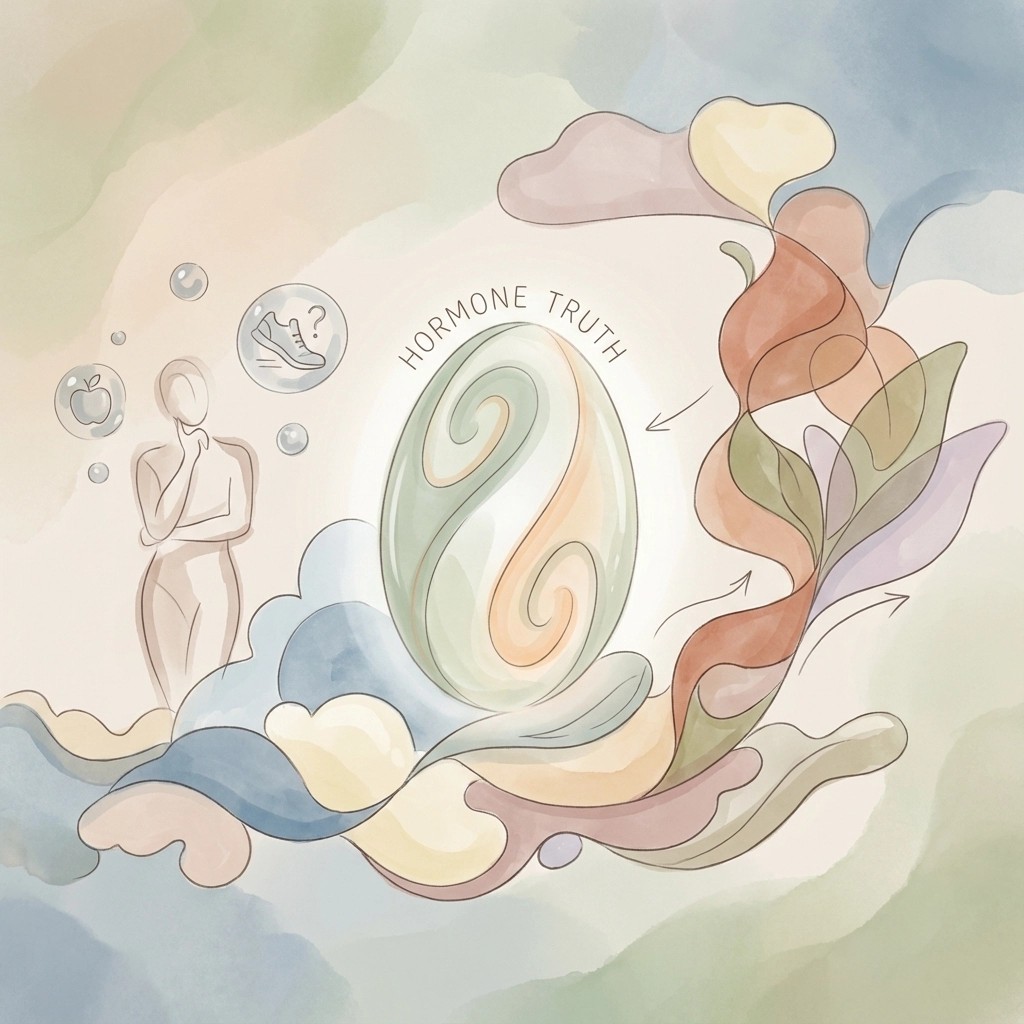
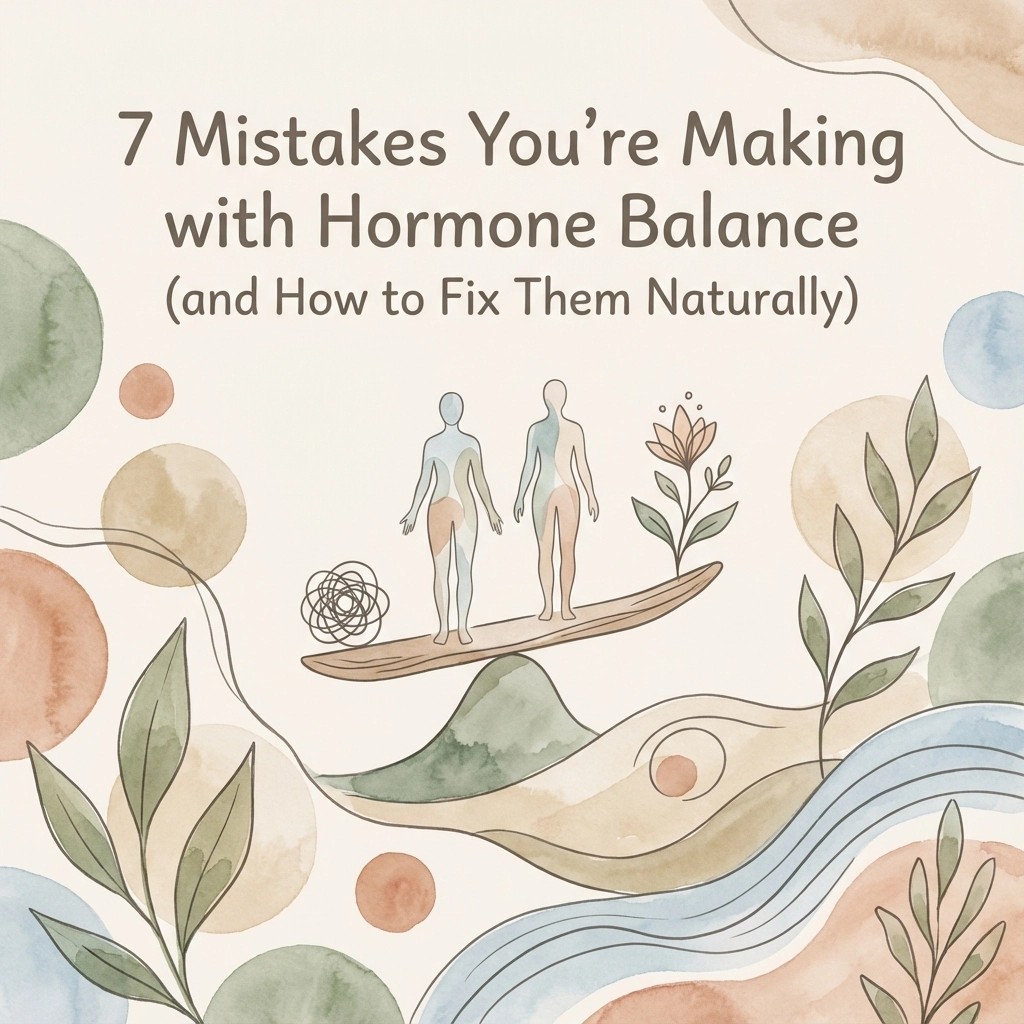
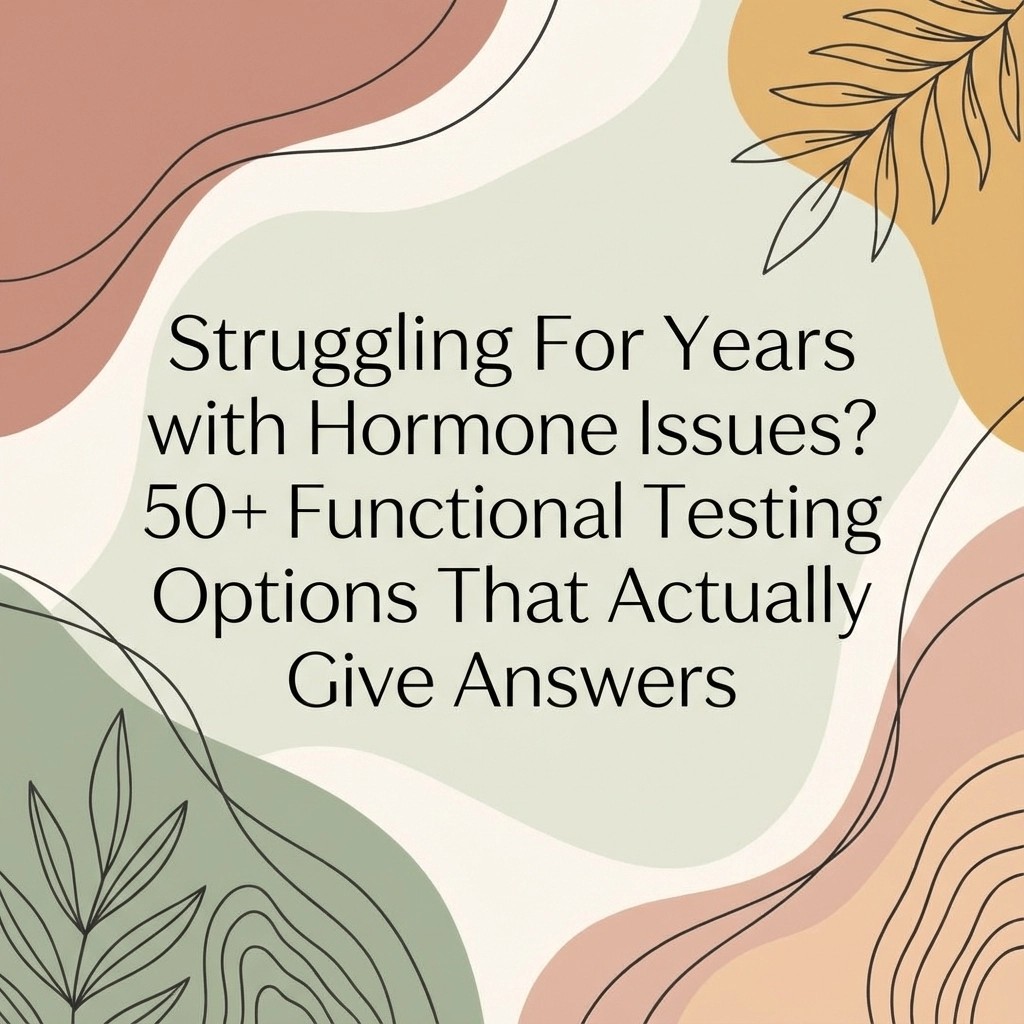
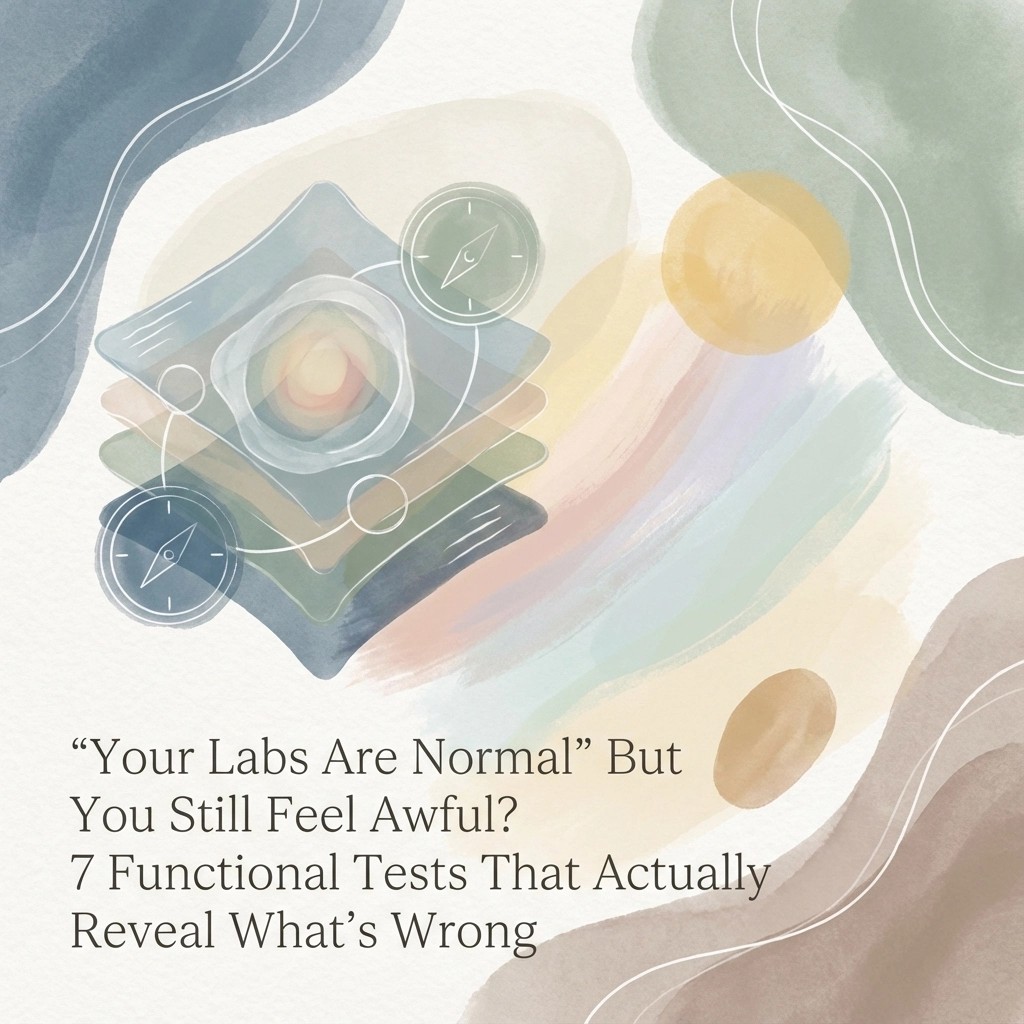


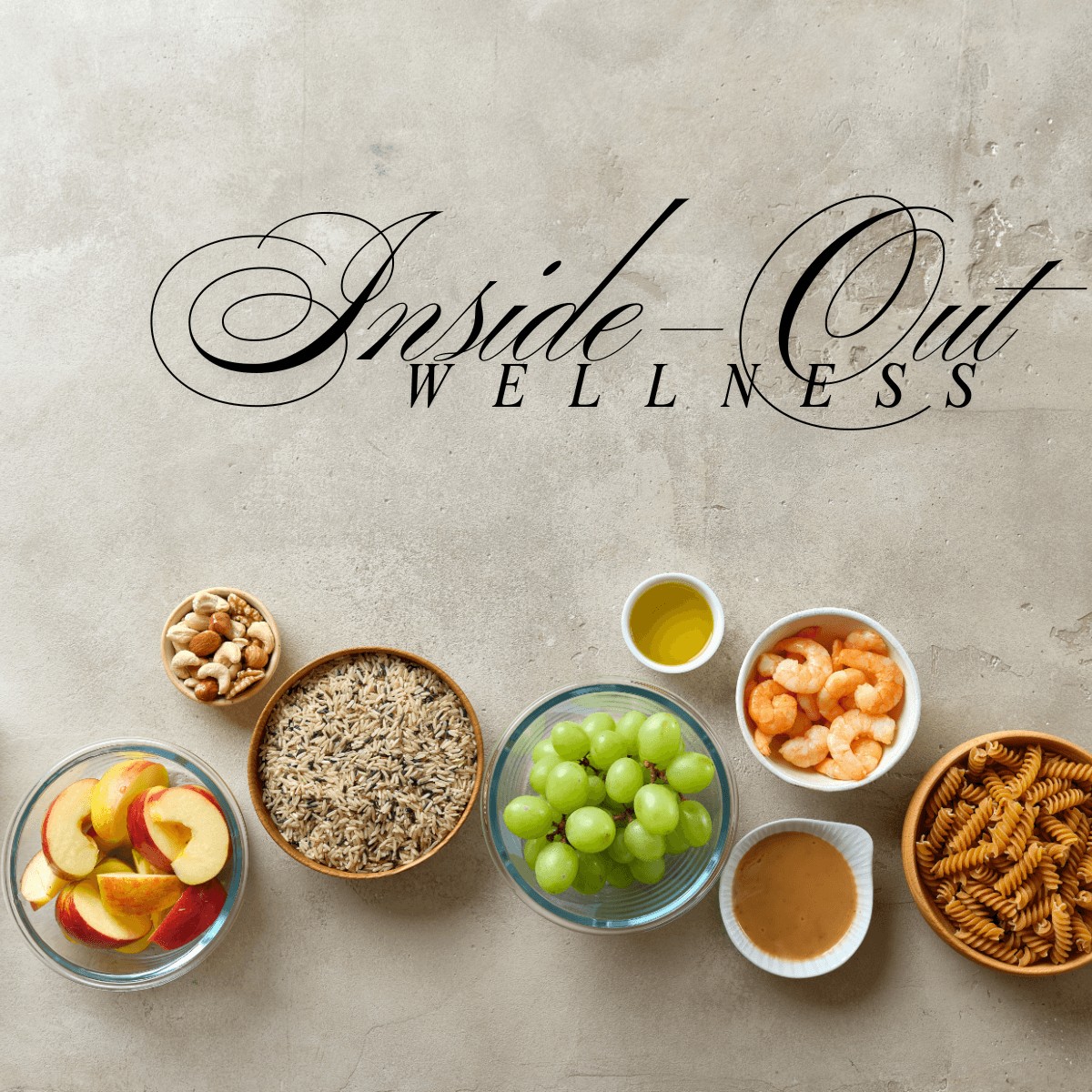
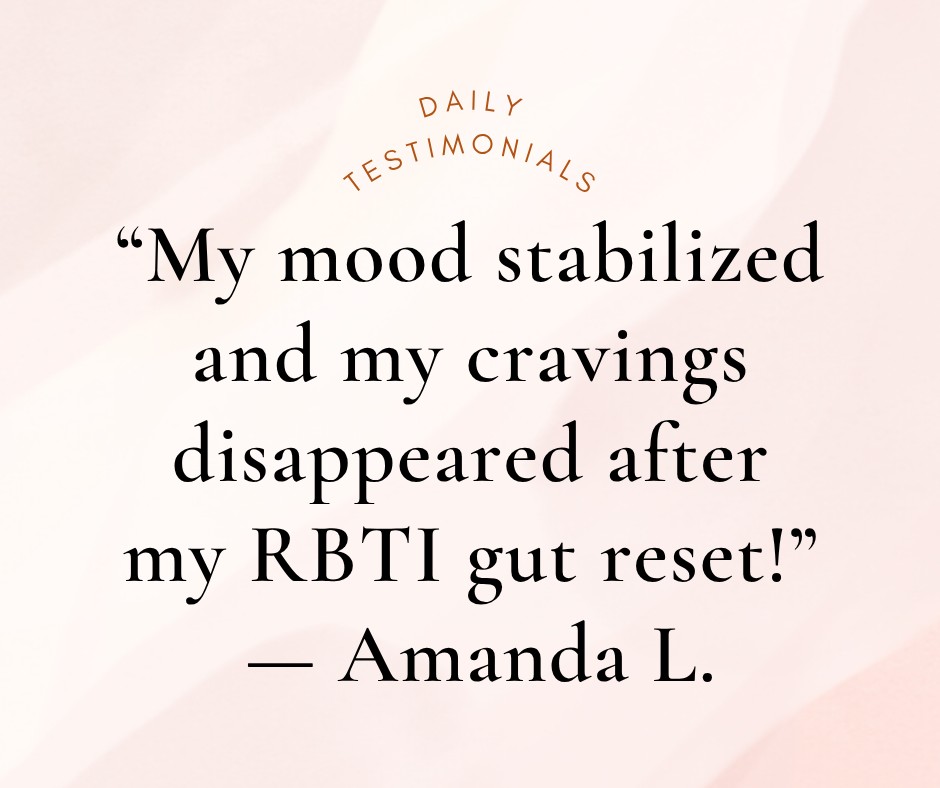

0 Comments